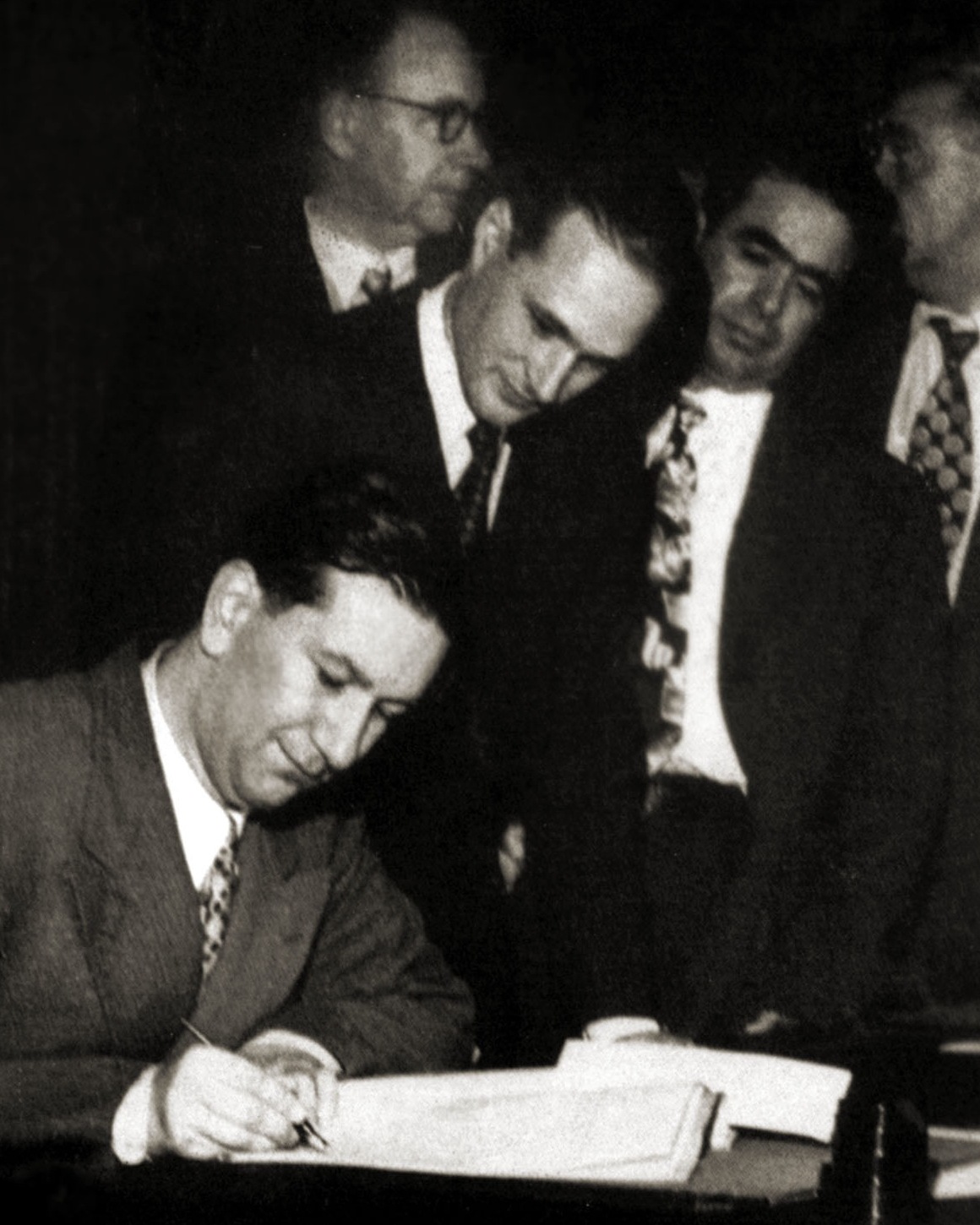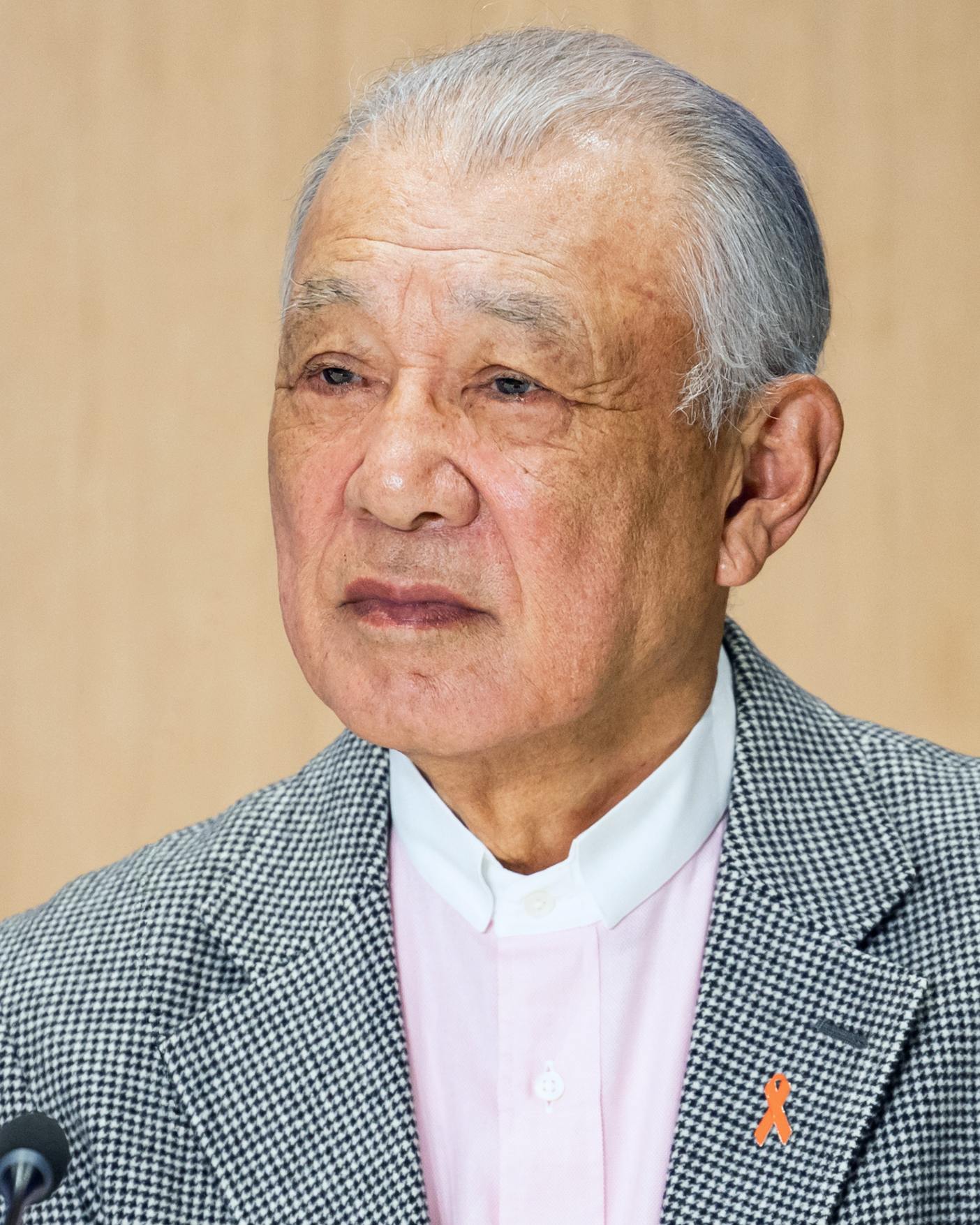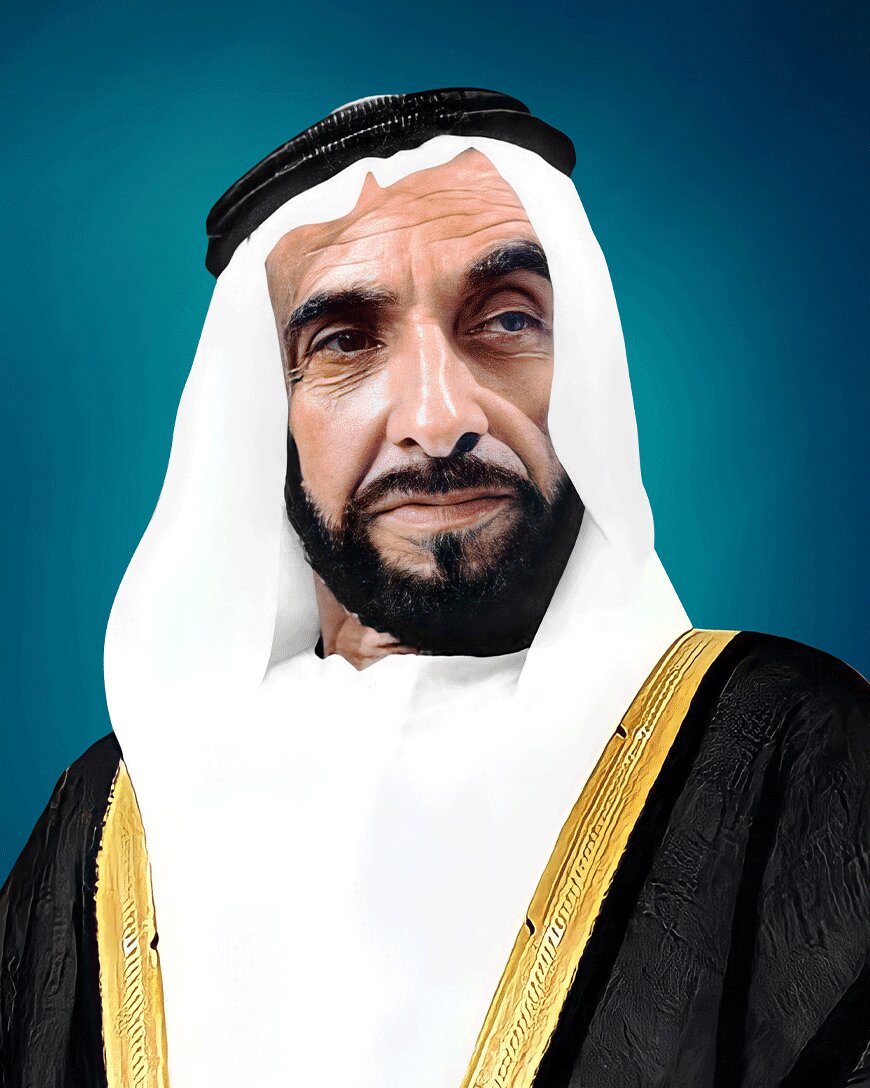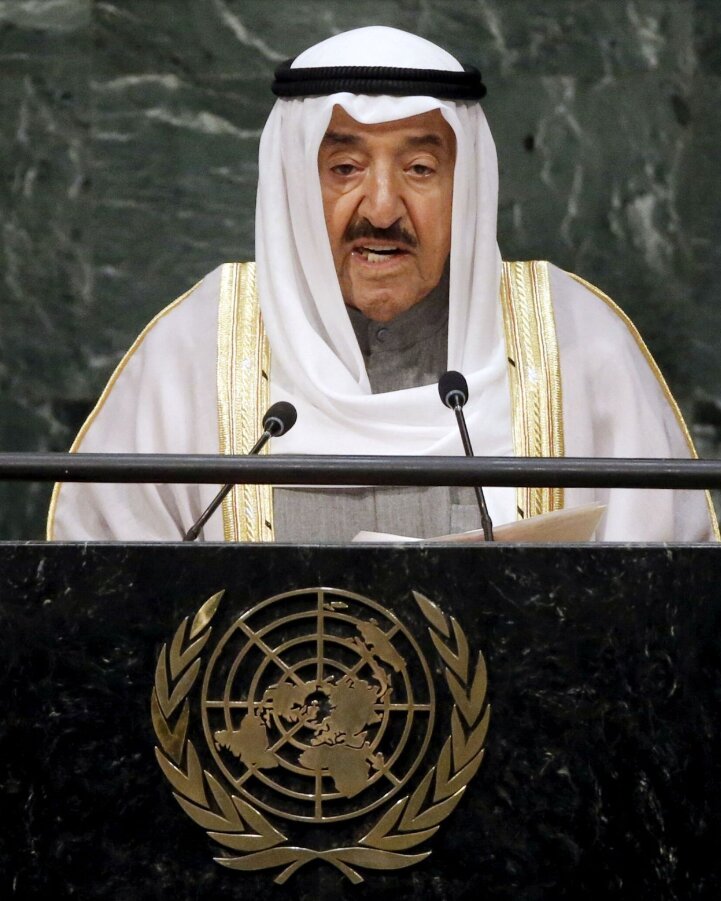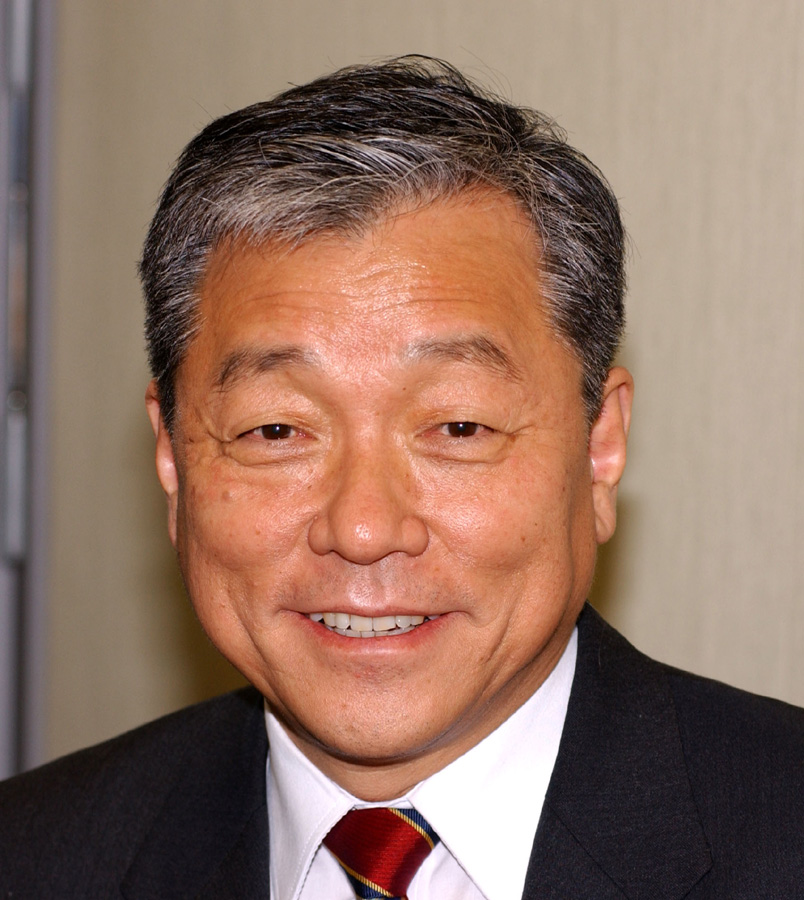Decades of global recognition for health champions by public and private entities as a tribute to eminent personalities from Japan, the Republic of Korea, the State of Kuwait, South Africa, Türkiye and the United Arab Emirates.
Read the chronology of how six global health awards, established by the founders through the Executive Board and administered by WHO, have been recognizing outstanding contributions to public health throughout decades.
1980: A paediatrician and an educator from Türkiye: a lifelong supporter of WHO
İhsan Doğramacı Family Health Foundation Prize
| The connections between Professor Doğramacı and the World Health Organization go back to WHO’s early history: in 1946 in New York, as a young paediatrician, he signed the Constitution that established the Organization. When he passed away, İhsan Doğramacı was the last surviving signatory of the WHO Constitution. In 1976, he served as the Vice-Chairman of the World Health Assembly and attended Health Assemblies as a delegate of Turkey from 1976 to 1981. He represented Türkiye in the WHO Executive and was also representative of the Global Advisory Committee on Medical Research. Professor Doğramacı established the İhsan Doğramacı Family Health Foundation in 1980 to promote and raise the standards of family health by acknowledging individuals who have delivered family health services in their countries and abroad. To achieve this, the Prize is awarded every two years and the 2024 laureate is its twentieth winner. |
1984: A visionary from Japan who instituted a foundation to help achieve better health and dignity for all
Sasakawa Health Prize
| A renowned Japanese philanthropic foundation with a vision to achieve better health and dignity for all continues the work of Mr Ryoichi Sasakawa, a Japanese industrialist and President of the Sasakawa Memorial Health Foundation (now the Sasakawa Health Foundation). This work aims to contribute to achieving WHO’s goal of Health for All, agreed upon at the Thirtieth World Health Assembly in 1977. The concept of primary health care (PHC) was introduced in the late 1970s. Recognizing the importance of promoting PHC throughout the world to achieve health for all, Mr Sasakawa established this prize to recognize the PHC role for health development and some outstanding innovative work in this field. In 1985, the Nippon Foundation and Sasakawa Health Foundation, which together have contributed more than US$ 200 million to WHO's programmes, took another important initiative by establishing the Sasakawa Health Prize under the auspices of WHO to recognize and encourage grassroots efforts to promote Health for All. Every year since then, it is awarded to individuals and/or institutions which contribute to the promotion of health programmes or notable advances in PHC, already accomplished and extending far beyond the call of normal duties. “As we mark the fortieth milestone of the Sasakawa Health Prize, I would like to express my deepest gratitude to all who have supported this Health Prize over the years,” said Mr Yohei Sasakawa, Chairman of The Nippon Foundation, at the award ceremony at the Seventy-seventh World Health Assembly in Geneva. “Established by my late father, it highly values and emphasizes the critical role of primary healthcare as the key to achieving good health. I fully recognize the importance of the spirit of the Declaration of Alma Ata, as primary healthcare contributes to quote the promotion and protection of the health of the people which is essential to sustained economic and social development and contributes to a better quality of life and to world peace.” |
1993: His Highness Sheikh Zayed bin Sultan Al Nahyan, President of the United Arab Emirates: encouraging experts to enhance the quality of medical services globally
United Arab Emirates Health Foundation Prize
| At the Forty-ninth World Health Assembly in May 1993, Dr Al-Madfaa, Minister of the Health of the United Arab Emirates announced, “The Government of the United Arab Emirates generously donated US$ 1 million to WHO as an endowment. The income from this endowment is designated to fund an annual international award recognizing individuals or organizations that have demonstrated outstanding achievements in health and health development.” “Following the generous directive of His Highness Sheikh Zayed bin Sultan Al Nahyan, President of the UAE, and on the initiative by His Highness Sheikh Khalifa bin Zayed Al Nahyan, Crown Prince of Abu Dhabi and Deputy Supreme Commander of the Armed Forces, the Executive Board approved the creation of the Foundation for the UAE Health Prize,” announced Dr Al-Madfaa, Minister of Health of the UAE, at the Forty-ninth Health Assembly. “This annual award encourages experts with valuable knowledge and experience to enhance the quality of medical services globally.” The Prize is given to a person or persons, an institution or institutions, or a nongovernmental organization or organizations having accomplished notable advances in the health field since the promotion of the global strategy for achieving health for all. “The Prize aims to bolster WHO’s role in improving health,”said Dr Hussain Abdul Rahman Al Rand, Assistant Undersecretary for Public Health Sector, Ministry of Health and Prevention of the United Arab Emirates, in May 2023 at the Seventy-sixth World Health Assembly. “It serves to motivate workers in the health sector to contribute to human health in close cooperation with the UN and the WHO in its elaboration of projects that strengthen health for all.” |
2005: A global humanitarian leader from Kuwait: a powerful incentive to achieve healthy ageing
His Highness Sheikh Sabah Al-Ahmad Al-Jaber Al-Sabah Prize for the Promotion of Healthy Ageing
| His Highness the late Sheikh Sabah Al-Ahmad Al-Jaber Al-Sabah was known for his extensive humanitarian efforts both domestically and internationally. Under his leadership, the State of Kuwait has been actively involved in supporting global health initiatives, including funding medical research, providing assistance during health crises, and supporting healthcare infrastructure development in developing countries. In 2005, the State of Kuwait contributed to international efforts to promote public health by establishing an endowment of US$ 1 million for the institution of an award to be given to those improving health through research in health promotion. Sheikh Dr Basil Al-Sabah, Minister of Health of the State of Kuwait, said in 2020 at the World Health Assembly, “The award of His Highness the late Amir Sheikh Sabah Al-Ahmad Al-Jaber Al-Sabah, for health care for the elderly and health promotion, embodies on the ground the high-level commitment to encouraging and sponsoring research, innovations and initiatives. The goal of this award is to enhance the health and quality of life of the elderly, out of loyalty and gratitude to them and gratitude for the sincere and generous contributions they have made throughout their life.” The Prize is awarded to a person or persons, an institution or institutions or a nongovernmental organization or organizations, who have made an outstanding contribution to research in the areas of health promotion and promotion of healthy ageing. Dr Basil Al-Sabah added, "His Highness the late Amir added, with this initiative, a bright mark on the pages of the close and deeply rooted relations that we cherish between the State of Kuwait and the World Health Organization, which date back to May 1960, the date of the State of Kuwait’s accession to membership in the Organization.” |
2008: Upholding the core values and vision of the sixth Director-General of WHO
Dr LEE Jong-wook Memorial Prize for Public Health
| The Korea Foundation for International Healthcare (KOFIH) was established in 2006 to promote global health cooperation and carries out government-level health assistance projects as a public agency under the Ministry of Health and Welfare of the Republic of Korea. KOFIH initiated the establishment of the Dr LEE Jong-wook Memorial Prize for Public Health to honour the late Dr LEE Jong-wook, the sixth Director-General of WHO, who dedicated his life to serving the underprivileged. Established by KOFIH and WHO in 2008, the Prize is awarded to a person or persons, an institution or institutions, a governmental or nongovernmental organization or organizations who have made an outstanding contribution to public health with a focus on improving equity. Presented once a year, it upholds Dr LEE’s core values of promoting public health. As a public agency dedicated to global health cooperation, KOFIH has a long-standing relationship with WHO. KOFIH strives to create a healthier world and contribute to the long-term improvement of global public health. “We will continue our efforts to improve global public health in collaboration with the Ministry of Health and Welfare of the Republic of Korea and will always stand with WHO on that path,” said Dr Il-Soo Ha, President of KOFIH when presenting the 2024 award. |
2019: Honouring the public health legacy of a world statesman from South Africa, and an icon of the struggle for human rights
Nelson Mandela Award for Health Promotion
| The Award was established in 2019 upon the initiative of the Ministers of Health of Member States of the WHO African Region, in the context of the commemoration of the 100-year anniversary of Nelson Mandela’s birth and his exceptional life and contributions to the world. At the Seventy-first World Health Assembly in May 2018, the Ministers noted, “We concurrently celebrate the seventieth anniversary of the creation of the World Health Organization, whose mandate is to achieve health coverage for all, but also the fortieth anniversary of the Alma Ata Declaration on Primary Healthcare, which has been fully focused on local communities essential to universal health coverage. This echoes the values and principles for which Nelson Mandela fought and lived.” The Award recognizes Nelson Mandela’s exceptional role in the promotion and protection of human rights in the global fight against HIV, AIDS and TB, including stigma and discrimination associated with these diseases. He also played a key role in promoting universal access to health care with great vision, in line with the 2030 Sustainable Development Goals and the African Union agenda 2016–2030 to achieve health goals. Nelson Mandela said, “Everyone has the right to a standard of living adequate for the health and well-being for himself and for his family, including food, clothing, housing, medical health care, and necessary social services and the right to security in the event of unemployment, sickness, disability, widowed, old age or other lack of livelihood in circumstances beyond his control.” HE Mr Mxolisi Nkosi, Ambassador of South Africa to the United Nations and other organizations in Geneva, said in May 2024 at the Health Assembly, “May this award continue to inspire your work as well as others in the effort to follow the path to ensuring health for all and in promoting the social equity ideals that Nelson Mandela represented.” |
The next cycle of the public health prizes and awards
WHO Member States are invited every year to submit applications for the public health prizes and awards. As administrator for the prizes, the WHO Secretariat launches the process of applications from Member States in the third quarter of the year, stipulating what prizes will be awarded the next year, the focus of the awards and the selection criteria. Upon reception of the Secretariat’s letter, Member States submit their nominations using the application forms available online by the early November deadline set out by the WHO Secretariat.

